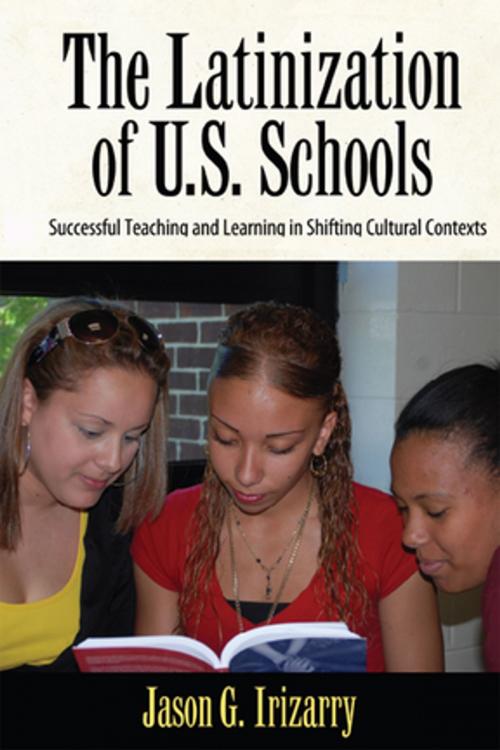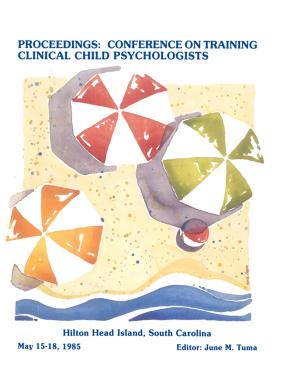Latinization of U.S. Schools
Successful Teaching and Learning in Shifting Cultural Contexts
Nonfiction, Reference & Language, Education & Teaching| Author: | Jason Irizarry | ISBN: | 9781317257004 |
| Publisher: | Taylor and Francis | Publication: | December 3, 2015 |
| Imprint: | Routledge | Language: | English |
| Author: | Jason Irizarry |
| ISBN: | 9781317257004 |
| Publisher: | Taylor and Francis |
| Publication: | December 3, 2015 |
| Imprint: | Routledge |
| Language: | English |
Fueled largely by significant increases in the Latino population, the racial, ethnic, and linguistic texture of the United States is changing rapidly. Nowhere is this 'Latinisation' of America more evident than in schools. The dramatic population growth among Latinos in the United States has not been accompanied by gains in academic achievement. Estimates suggest that approximately half of Latino students fail to complete high school, and few enroll in and complete college. The Latinization of U.S. Schools centres on the voices of Latino youth. It examines how the students themselves make meaning of the policies and practices within schools. The student voices expose an inequitable opportunity structure that results in depressed academic performance for many Latino youth. Each chapter concludes with empirically based recommendations for educators seeking to improve their practice with Latino youth, stemming from a multiyear participatory action research project conducted by Irizarry and the student contributors to the text.
Fueled largely by significant increases in the Latino population, the racial, ethnic, and linguistic texture of the United States is changing rapidly. Nowhere is this 'Latinisation' of America more evident than in schools. The dramatic population growth among Latinos in the United States has not been accompanied by gains in academic achievement. Estimates suggest that approximately half of Latino students fail to complete high school, and few enroll in and complete college. The Latinization of U.S. Schools centres on the voices of Latino youth. It examines how the students themselves make meaning of the policies and practices within schools. The student voices expose an inequitable opportunity structure that results in depressed academic performance for many Latino youth. Each chapter concludes with empirically based recommendations for educators seeking to improve their practice with Latino youth, stemming from a multiyear participatory action research project conducted by Irizarry and the student contributors to the text.















